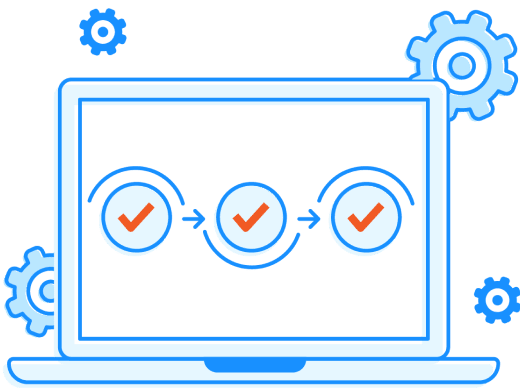It’s fun to think of eCommerce as a swimming pool filled with data, with retailers jumping right on in. There’s so much data being created every day, but you probably already knew that. From competitor prices to customer traffic, data is the lifeline of most online retailers. Without data, you might as well be driving blindly down a driveway, speeding and guessing when to turn and when to merge.
But to drive down a freeway, you need a person in the driver’s seat in the first place. Road signs and warnings are absolutely useless without human judgement. If the person in front of you suddenly stops, are you going to stop without a stop sign? Human judgement is necessary in all situations, and that rings true in online retail.

For example, data can show you that cart abandonment increased tenfold once shoppers reached your checkout page. Data can tell you that there’s an obvious problem, but it’s up to you to figure out what that problem is. Upon viewing the page, you realize it has an abundance of tedious fields for shoppers to fill out. Now that you know what the problem could be, you’re now able to fix it and view the results.

The combination of data and a human touch can reveal competitor tactics that may have previously gone unnoticed. While your pricing intelligence may show competitors aggressively pricing across a key category, infusing human intelligence helps you optimize your decision making. Let’s say your competitor is on average 3% lower than you in a key category, but you want to do some more digging. You discover that your competitor is price matching you on the most popular products and undercutting you on longtail SKUs. From there, you can leverage both the data and human learning to make targeted price increases that help you maintain your sales velocity.
Acquiring data is only the first step to eCommerce optimization. Competitor data can reveal holes in your own assortment. Let’s say a competitor is carrying a brand of t-shirts that is popular and is selling like hotcakes. However, the t-shirts are carried by a brand that is known to outsource its manufacturing to different countries, and your own eCommerce brand prides itself on domestic manufacturing. Instead of simply looking into purchasing the missing brands in your assortment, human intelligence can uphold and strengthen your brand.

Critical thinking is necessary to craft pricing and merchandising strategies, but it’s nothing without the use of data. The human mind and hard data create a match made in heaven for retailers. Data is important, but it’s necessary to add a human element to build strategies that will propel your business to success.














